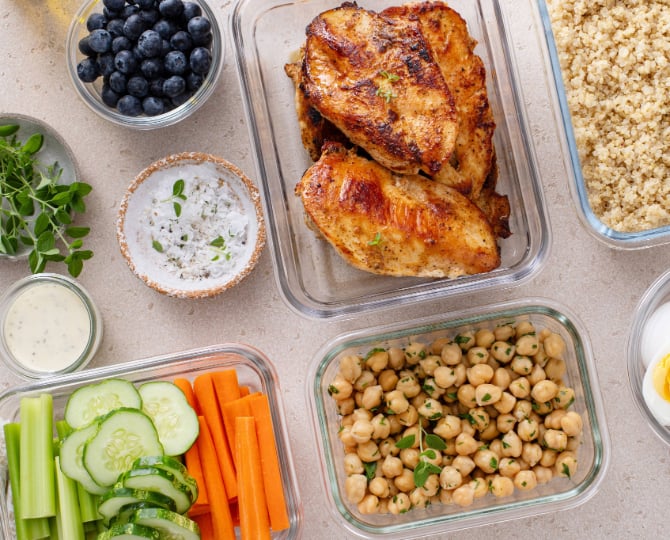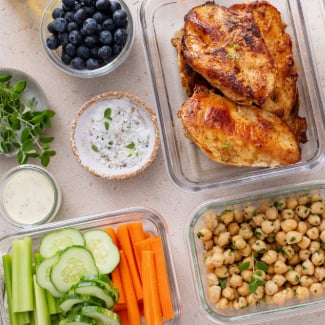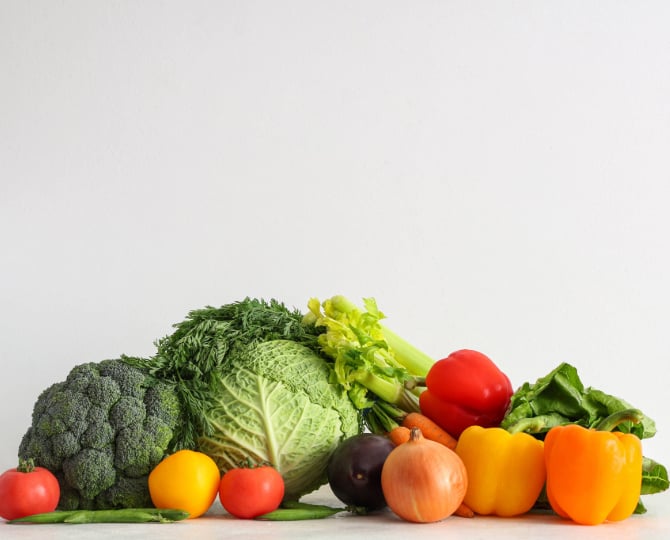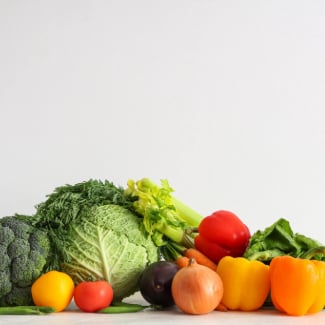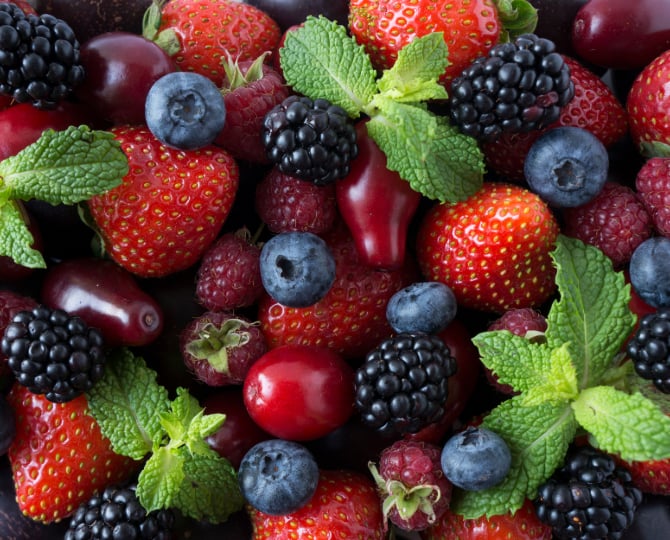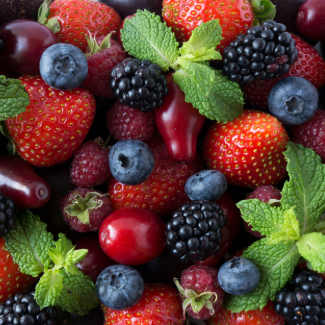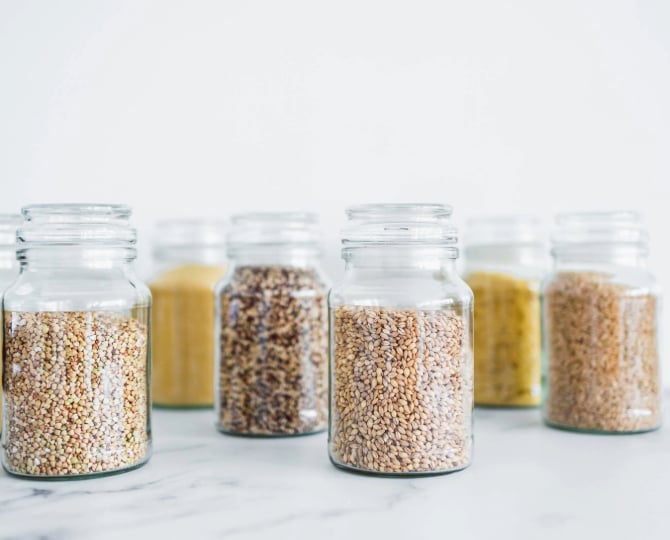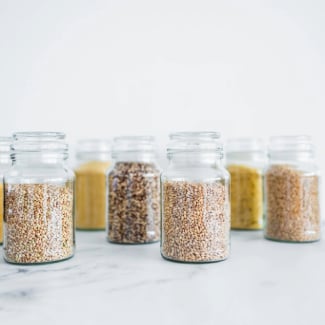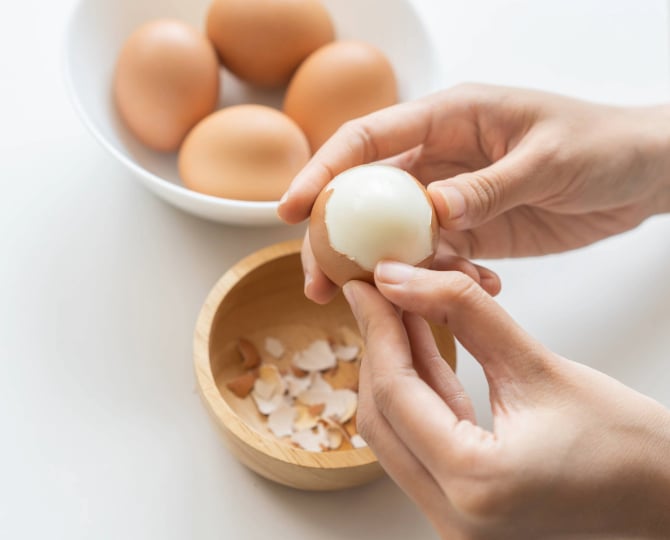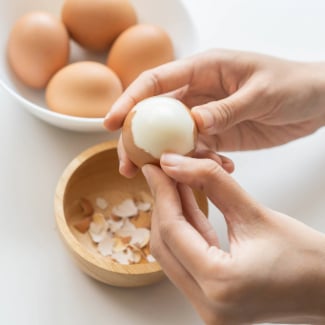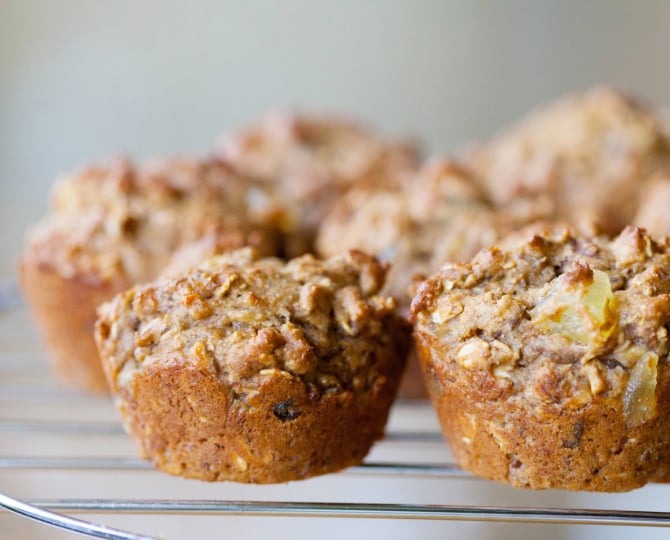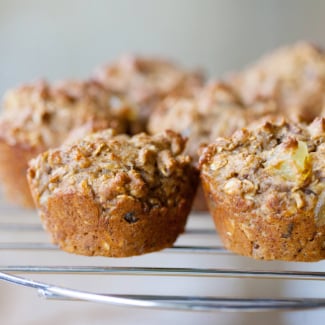Want to make your life easier with meal prep, but don’t know where to start?
We teamed up with a nutritionist to create a printable guide packed with essential tips and healthy food options for every meal of the day. Because with a little inspiration, meal prep can be a breeze!
*Guide available only in french
Benefits of meal prep
There are a lot of reasons to start meal prepping. It lets you save valuable time by not cooking every day and takes the guesswork out of dinner, because all you have to do is heat it up and enjoy.
It also helps reduce food waste, because you end up using your ingredients more mindfully and efficiently.
And it encourages healthier eating habits by giving you more control over ingredients and portion sizes, empowering you to make more balanced and nutritious choices.
How to get started
1. Decide on a specific time to meal prep every week. Sunday is usually a good choice, but some people prefer Monday night.
2. Make a detailed grocery list for all the meals and snacks you want to prep. That way, you’ll only go grocery shopping once a week, which can save you both time and money.
3. Stay flexible—adjust your meal prep routine based on how much you can and want to do. The key is to find what works best for you.
Here are a few different ways to get started:
- Prepare and cook full meals.
- Prepare and freeze meals to cook later (choose things that keep well frozen, such as soup, salmon croquettes, meatballs, chili, or lasagna).
- Only prepare the ingredients.
- Prepare a variety of ingredients and small meals like breakfast and snacks to set a solid foundation for the week but still have some flexibility.
4. Use fresh ingredients like seafood, marinated meats, and perishable fruits and vegetables early in the week. Then shift to ingredients with a longer shelf life, such as pasta dishes and plant-based proteins like tofu and legumes, as the week goes on.
A few guidelines on how long foods will keep: Cooked meat, poultry, and fish should be kept in the fridge for no more than three to four days. Avoid marinating anything too far in advance, as you can easily overdo it. Hard boiled eggs are safe to store in the fridge for up to seven days. And vinaigrettes and dips should be consumed within three to four days
Tips for different types of food
Vegetables
- Chop up raw veggies for a quick anytime snack
- Prepare and cook vegetable sides like brussels sprouts, broccoli, and sweet potatoes
- Store washed lettuce and other greens in an airtight container
- Buy frozen vegetables for cooking
Fruits
- Wash and cut up fruit like berries, watermelon, or pineapple for breakfasts and snacks
- Buy frozen fruit for smoothies
Side dishes
- Make your salad dressing in advance.
- Pre-cook brown or wild rice, hulled barley, quinoa, and pasta.
Proteins
- Prepare marinades in advance.
- Cook proteins like tofu and whole chicken ahead of time.
- Plan for quick protein sources like hard-boiled eggs, canned legumes, and canned fish.
Breakfasts and snacks
- Prepare at least one nutritious snack recipe for the week, such as energy bites, muffins, or bars with nuts and dried fruit.
- You can also meal prep your breakfasts and make cold overnight oats, smoothies, a morning burrito mix, granola, or even uncooked pancake mix.
Challenge yourself
Try a new food every week to keep things interesting. For instance, if you’ve never cooked quinoa before, try incorporating it into one of your recipes. If you’ve never had Swiss chard, find a recipe that uses it. Far from locking you into a monotonous routine, meal prepping can actually help you try new things and discover the joy of cooking!
